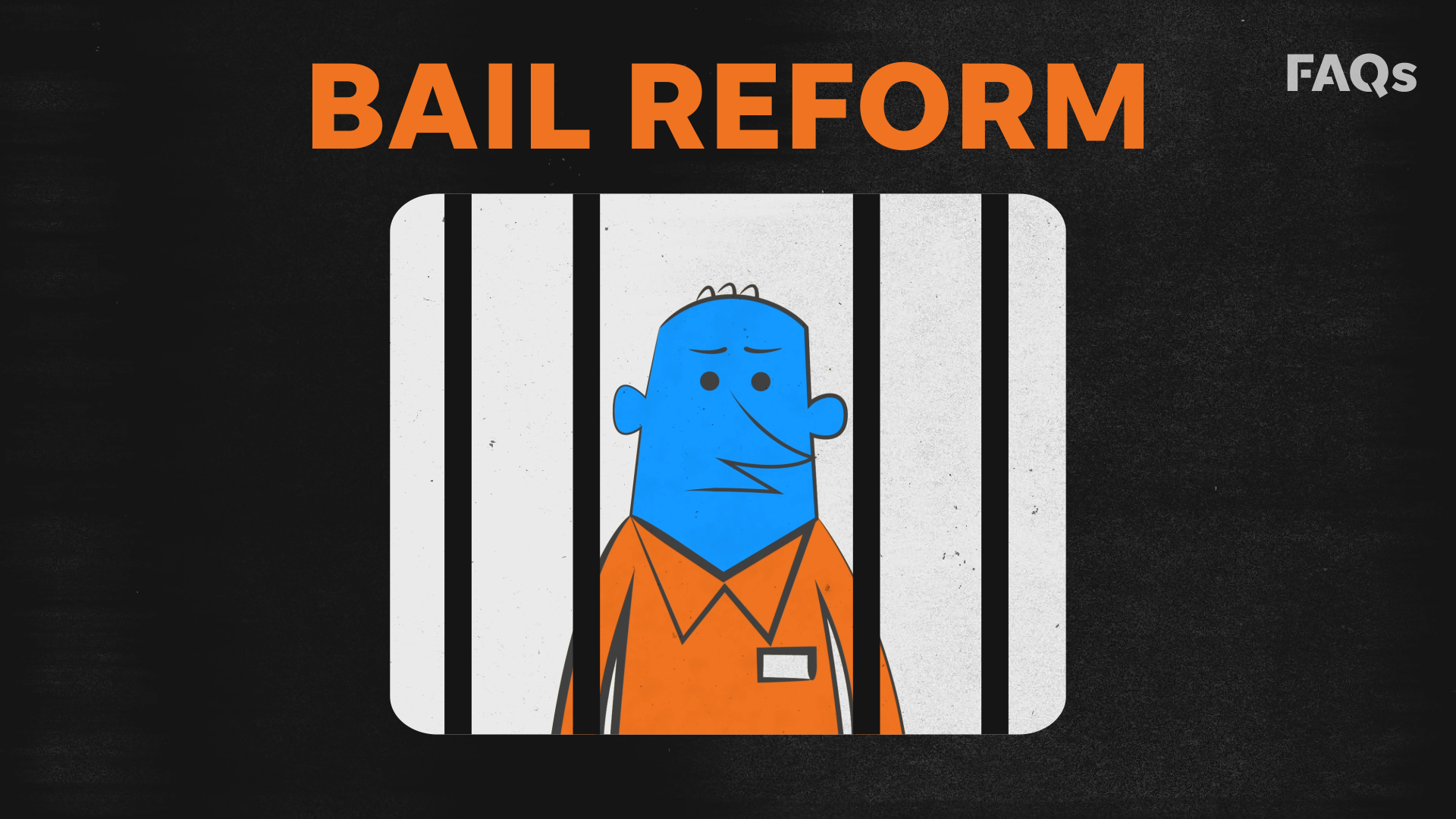White people were kept out of prison during COVID. Blacks, Latinos were left behind bars.

Historic reductions in U.S. prison populations during the first year of the COVID-19 pandemic disproportionately benefitted white people, and the fraction of incarcerated Black and Latino people "sharply increased" in nearly every state, a new study found.
The effect was particularly stark for Black people and reversed a decade-long trend of declining proportions of incarcerated Black people, according to the study published Wednesday in Nature by multiple interdisciplinary researchers from U.S. universities.
"What this study really shows is that sentencing is the key mechanism driving the alarming racial inequities that we have in the U.S. criminal justice system," said Elizabeth Hinton, a law professor at Yale Law School, who co-authored the study.
US saw fastest, biggest reduction in prison population amid COVID-19
The number of incarcerated people decreased by at least 17% – more than 200,000 people – from March 2020 to July 2021, amounting to the largest and fastest reduction in the prison population in American history, the researchers wrote.
State and federal prison system admissions fell and releases rose as officials aimed to reduce the risk of large-scale COVID-19 outbreaks. Many potentially vulnerable inmates were set free or sent to home confinement state.
The researchers created a dataset that includes state-level information on police encounters, court proceedings and incarcerated populations derived from departments of corrections and public information requests from all 50 states, D.C. and the Federal Bureau of Prisons.
Proportion of Black, Latino inmates rises during COVID-19
The researchers found that, in the first nine months of the pandemic, the proportion of Black inmates increased by about 1% after declining from about 42% to 39% in the seven years before the pandemic.
"This increase in racial disparity occurred nationally and in nearly every state, transcending vast differences in approach to crime and incarceration," the researchers wrote.
Many states also saw increases in the proportion of Latino inmates over that time, Hinton said. The researchers did not have robust data on other racial groups.
By early 2021, trends began to revert to pre-pandemic levels, the researchers found. The reduction in prison admissions stopped and, in most states, the total incarcerated population began to increase once again.
Sentencing patterns drive racial disparities, researchers say
Racial disparities in prison admissions and releases alone do not explain the broad trends observed nationally, the researchers found. The greatest factor, the researchers concluded, was the disparities in sentencing of people already incarcerated at the start of the pandemic.
"Black people, in particular, receive harsher sentences, and those sentences often carry enhancements and additional penalties that then meant people were serving time for longer and also ineligible in those states that offered release," Hinton said.
Black and Latino people are more likely to be stopped by police, held in jail pre-trial, charged with more serious crimes and sentenced more harshly than white people, and Black men are six times as likely and Latino men 2.5 times as likely to be incarcerated as white men, according to previous research.
Criteria for releasing someone from prison during the pandemic differed from state to state but typically included factors such as age, the researchers note. But even policies that are assumed to be "race blind" are susceptible to existing structural and racial inequalities, the researchers found.
The researchers also suggest interruptions in court proceedings may have contributed to the increased Black and Latino prison populations by amplifying processes, such as pre-trial case dismissals and pre-trial plea deals, that are "long understood" to be leading contributors to disparities in judicial outcomes for people of color.
Task force challenges length of prison sentences
The study comes after an independent task force, co-chaired by former U.S. Deputy Attorney General Sally Yates, last month released recommendations from a yearlong review of the nation's use of lengthy prison sentences.
The task force called on lawmakers and state agencies to identify and address racial disparities in sentencing and said prisoners with long-term sentences need more opportunities to have their sentences reviewed.
Dig deeper
- 'How long is long enough?' Independent task force challenges length of prison sentences in America
- Pell Grants will return to prison. But for many, college will still be out of reach.
- A corrupt Chicago cop destroyed hundreds of lives. Now victims want justice.